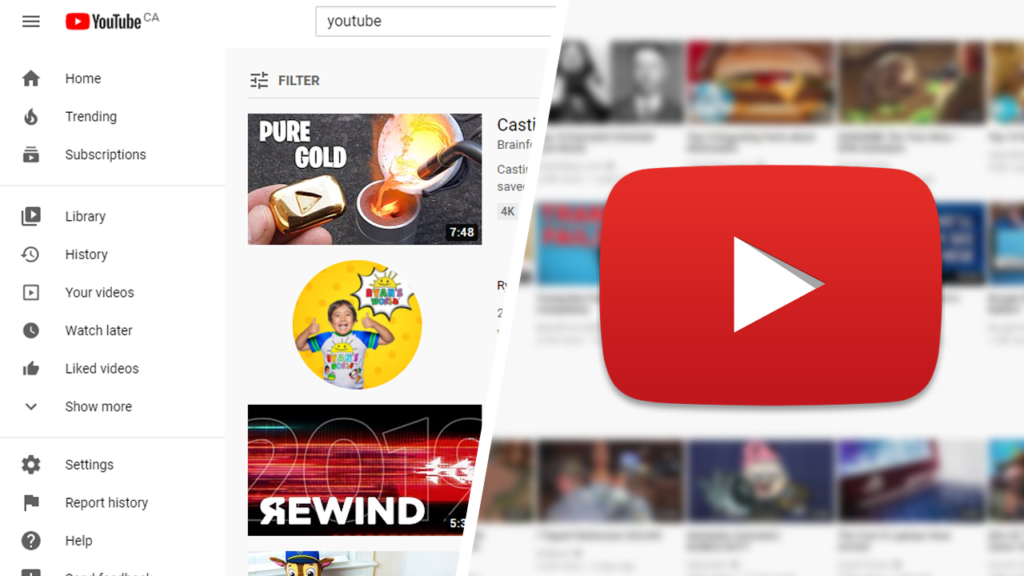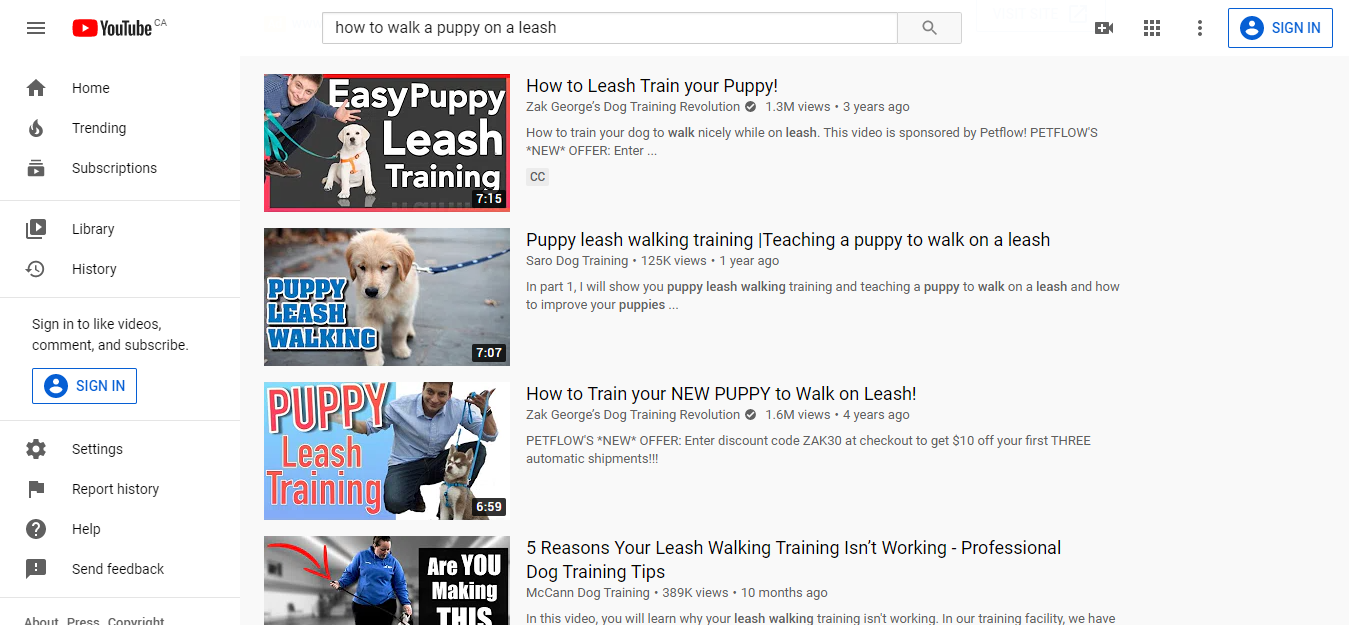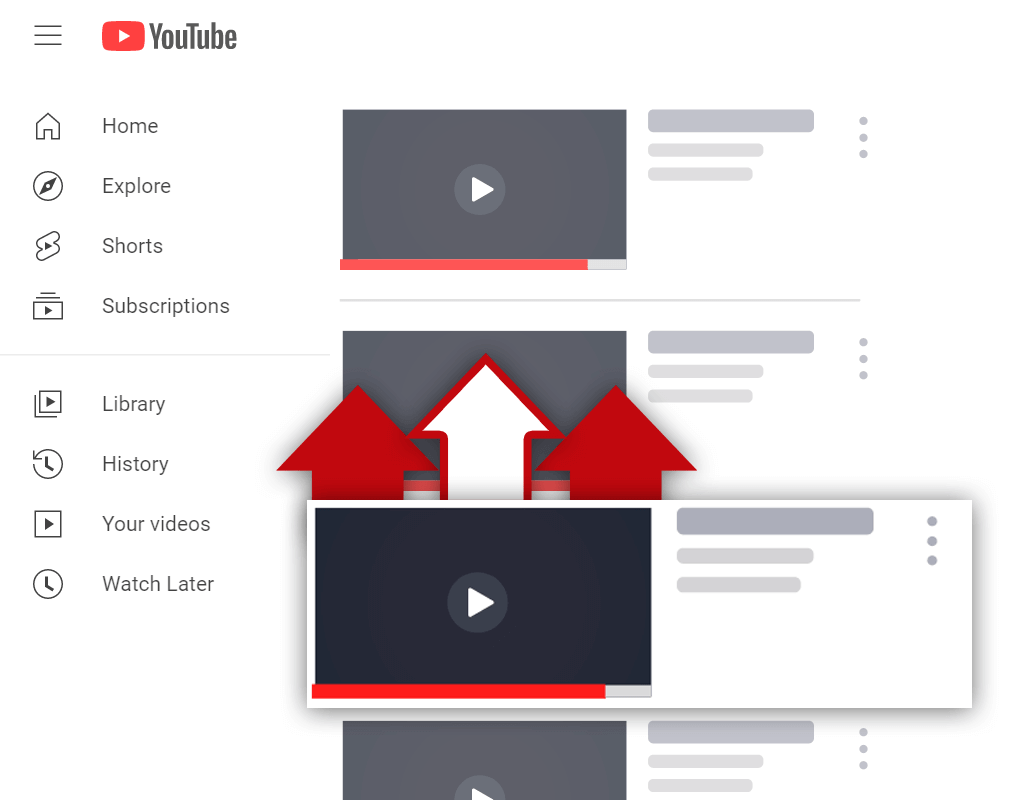How Does Search Work on YouTube?
Oct 23, 2020
Have you ever wondered- how does search work on YouTube? After all, ranking videos in the search results is a great way to get organic views on videos.
Does YouTube rank videos based on how many views they get? Or, are there other factors present that determine where a video ranks in the search results?
The YouTube search engine is designed to put relevant videos in front of users based on different search terms. Search terms, also known as keywords, are what users type into the YouTube search bar. YouTube ranks videos in the search results based on different criteria, such as video metadata and video performance.
Many content creators tend to focus on getting their videos suggested more often by the YouTube algorithm. The problem with this is, they are losing out on a lot of potential views.
Some channels get hundreds of thousands of organic views every month from the YouTube search engine. Put simply, this is why learning how to rank videos is so important.
How Does the YouTube Search Engine Work?

So, how does the YouTube search engine work? Well, as I mentioned above, the YouTube search engine is designed to show videos to potential viewers. Videos displayed to viewers are based on what they've typed into the YouTube search bar.
As you might imagine, YouTube prefers to display the most relevant and best videos to potential viewers.
YouTube judges the relevancy of a video based on a few different criteria. This criteria consists of:
- Present keywords
- Video metadata
- Video closed captions
Let's cover each of these criteria in more detail.
Present Keywords
Keywords, also known as search terms, are what help YouTube determine what a video is about. In other words, keywords explain the subject matter of a video to YouTube. This way, YouTube can effectively rank videos, as the present keywords for each video will explain the subject matter of each video.
Keywords come equipped with different search volumes. As you might guess, more popular keywords have higher search volumes than less popular keywords. They also come equipped with different difficulty scores based on the videos targeting the keywords. Higher search volume keywords, for example, tend to be more competitive, as they are more in-demand.
Video Metadata
Video metadata is the title, description, and tags of a video. Typically, keywords are placed in each of these 3 items to help YouTube further determine the subject matter of a video.
YouTube scans the title, description, and tags of a video for keywords, and the keywords tell YouTube what the video is about.
Typically, it's a good idea to have multiple different keywords present in the metadata of a video. With this said, however, every keyword must be relevant. If a video is about basketball, then the metadata needs to reflect this.
Having irrelevant keywords present in the metadata of a video leads to lower rankings, which leads to fewer views.
Video Closed Captions
YouTube also looks for keywords in the closed captions of videos. Again, this is done to determine the subject matter and relevancy of videos.
If keywords are present in the closed captions of a video, along with in the metadata of a video, this gives YouTube a pretty accurate look at the subject matter of a video.
Keep in mind, the fact that YouTube scans the closed captions of videos doesn't make it okay to ignore the video metadata side of things.
Many content creators don't optimize their video metadata because they would rather attempt to get more clicks with "catchy" titles. Doing this will cause your videos to rank lower. Always place keywords in your video metadata.
What Is the Most Important Ranking Factor for a YouTube Video?

Keywords, metadata, and closed captions. These 3 items are scanned by YouTube to determine the subject matter of a YouTube video. But what is the most important ranking factor for a YouTube video? Should you focus on making sure keywords are present in your video metadata or your closed captions?
Ultimately, the most important ranking factor for a YouTube video is the metadata of the video. However, it is important to note that if you select keywords that are too competitive for your channel authority, you will struggle to rank.
No matter how well you optimize your metadata, poorly selected keywords will make it difficult to rank in the search results.
When it comes to the metadata of your videos, you must make sure your target keywords are present in the title, description, and tags of each video. Along with this, it's always a good idea to include related keywords in the metadata of a video where relevant.
Again, every keyword present in the metadata of a video needs to be relevant to the video at hand.
While the metadata of a video is the most important ranking factor for a YouTube video, you shouldn't ignore your closed captions.
Don't try to stuff keywords in your closed captions, but try to mention your main target keyword near the start of each video you upload. At the end of the day, doing this can't hurt!
Conclusion
You can get a lot of views from the YouTube search engine. While many channels focus on getting their videos suggested more, it's important to focus on selecting the right keywords and optimizing metadata properly.
If you ignore the YouTube search engine, you will be missing out on a large number of potential views.
So, how does search work on YouTube? YouTube ranks videos in the search results based on the keywords present in the metadata and closed captions.
Over time, a video will gain organic views from viewers searching for the search terms (keywords) that a video is targeting.


